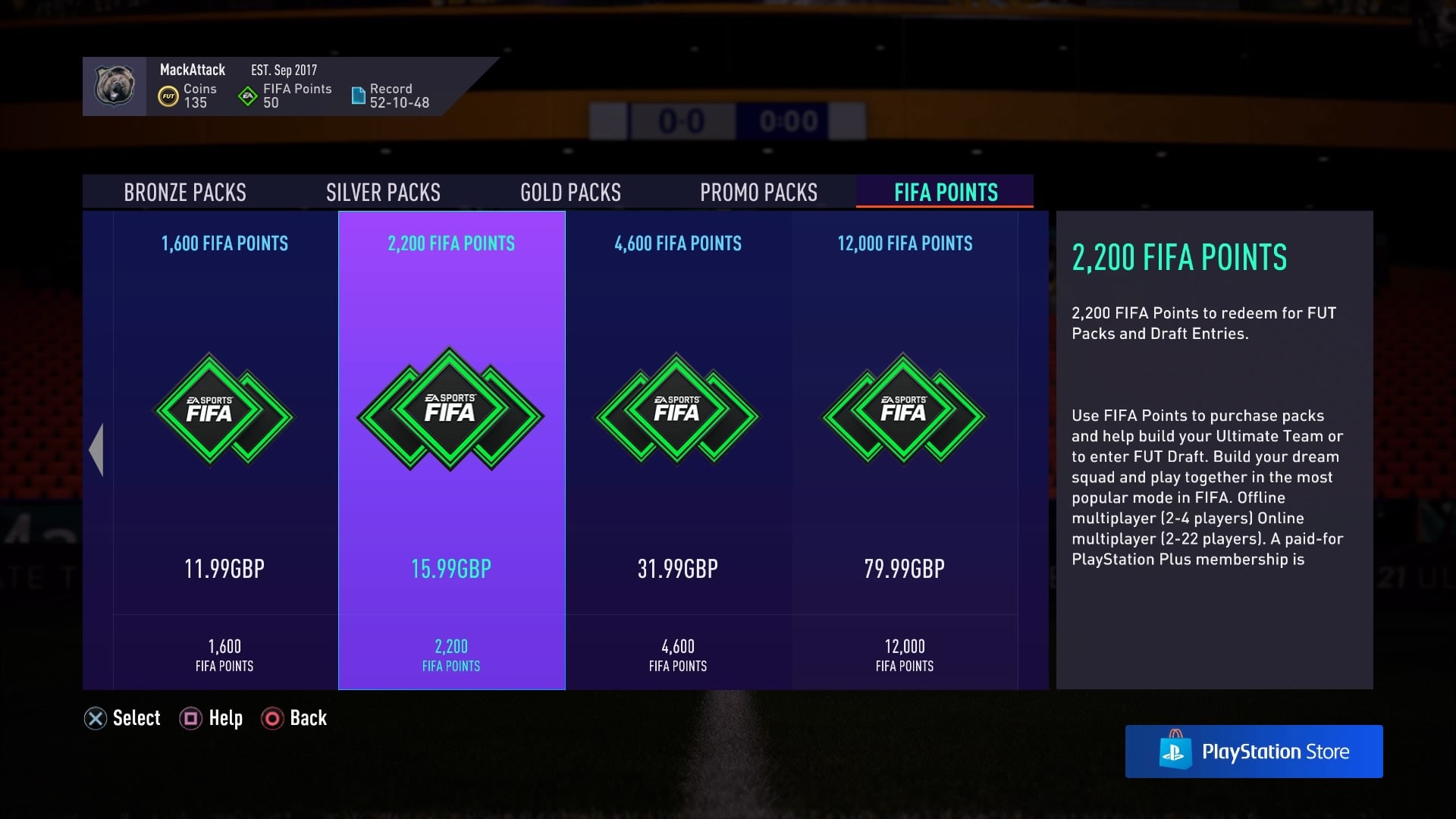That’s the eye-watering amount EA made during its 2021 financial year from Ultimate Team modes across its sports games. But - and this won’t come as a surprise to anyone - FIFA Ultimate Team made the bulk of that money. Or, as EA recently put it in a regulatory financial document, “a substantial portion”. The amount of money EA makes from Ultimate Team is growing, too. Net revenue from “extra content sales” for Ultimate Team was $1.491bn during the 2020 financial year, and $1.369bn during the 2019 financial year. As video game analyst Daniel Ahmad revealed on Twitter, Ultimate Team revenue has seen explosive growth since 2015: It’s easy to see just how important Ultimate Team is to EA’s bottom line. Net revenue from Ultimate Team represented 29 percent of EA’s total net revenue during fiscal year 2021 ($5.6bn). Remember, FIFA Ultimate Team delivered a “substantial portion” of that 29 percent. While Ultimate Team is one of the biggest money-spinners in all of gaming, it is highly controversial. It has been labelled as gambling, not least by some governments, is called pay-to-win, and has been slammed as exploitative. In the UK, the government is looking into loot boxes to see if the law should be applied to them. In December 2019, the Department for Digital, Culture, Media and Sport launched a review of loot boxes alongside a wider review of the Gambling Act 2005, and in June 2020 announced a public call for evidence. The government commissioned Abertay University to assess this evidence, and the hope is a report will be issued by the end of this year. If so, the government may act at some point in 2022. While EA maintains Ultimate Team’s loot boxes do not constitute gambling, in its regulatory financial document, the company acknowledges that a change in the law could significantly impact its business. “Certain of our business models and features within our games and services are subject to new laws or regulations or evolving interpretations and application of existing laws and regulations, including those related to gambling,” EA warns. “The growth and development of electronic commerce, virtual items and virtual currency has prompted calls for new laws and regulations and resulted in the application of existing laws or regulations that have limited or restricted the sale of our products and services in certain territories. For example, governmental organisations have applied existing laws and regulations to certain mechanics commonly included within our games, including the Ultimate Team mode associated with our sports franchises.” EA also points out that it is involved with a legal proceeding around its loot boxes. In April 2018, the Netherlands Gambling Authority (“NGA”) declared FIFA Ultimate Team’s loot boxes contravene the Dutch Betting and Gaming Act. On 15th October 2020, the District Court of the Hague affirmed the NGA’s decision. EA appealed the District Court’s order, and the NGA’s decision is suspended through the appeals process. “We do not believe that the operational or financial consequences from these proceedings will have a material adverse effect on our Consolidated Financial Statements,” EA said. “We do not believe that our products and services violate applicable gambling laws.” If the UK, one of the biggest markets for Ultimate Team in the world, does eventually declare FIFA Ultimate Team’s loot boxes contraven gambling laws, that certainly could have a material adverse effect on EA’s financial statements. All eyes are on FIFA 22. Will EA change the way Ultimate Team works in order to head off potential government action? In early May, EA started selling FIFA 21 cosmetics outside loot boxes for the first time. A sign of the times?
